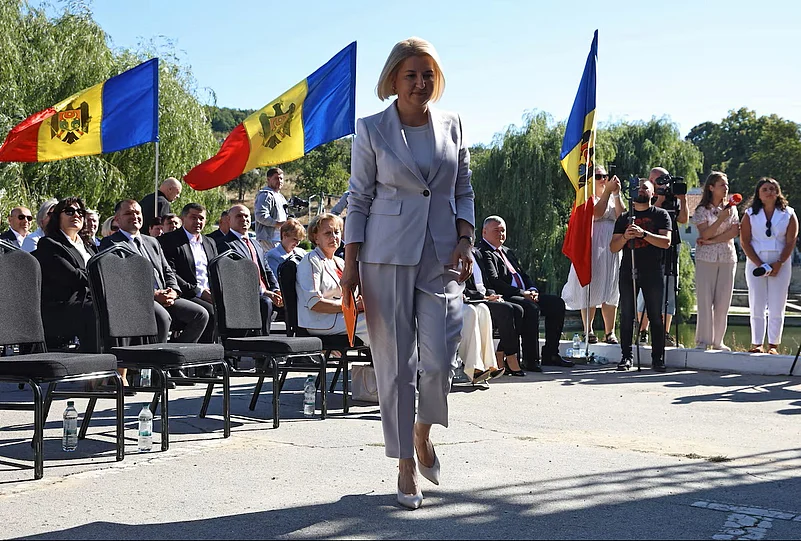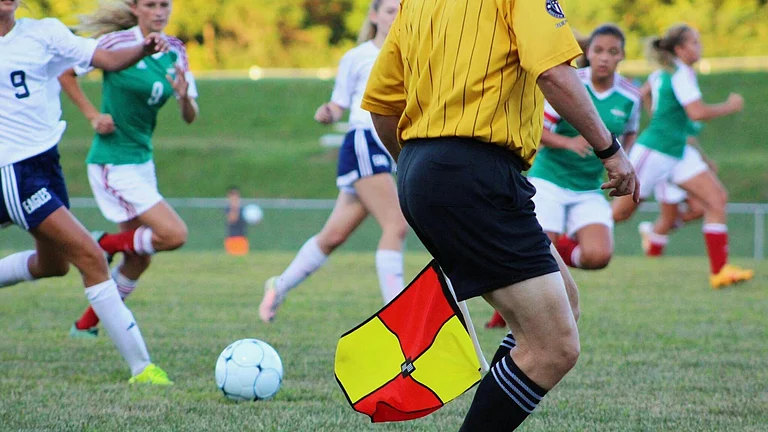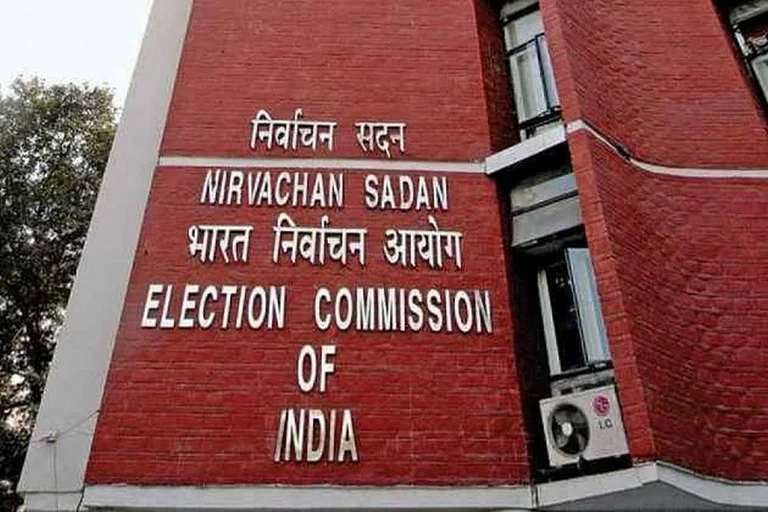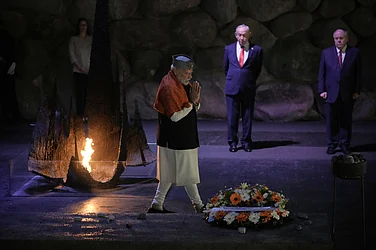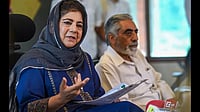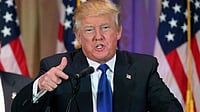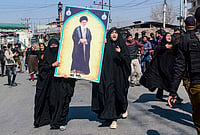
Summary of this article
- Moldova held parliamentary elections framed as a choice between deeper EU integration and renewed Russian influence.
- The pro-EU ruling party (PAS) led polls, but faced competition from a pro-Russian bloc exploiting economic discontent and disinformation.
- Officials accused Moscow of large-scale interference, while President Maia Sandu called it the country’s most consequential vote.
Moldova went to the polls on Sunday in parliamentary elections widely seen as a turning point for the country’s geopolitical future, with allegations of Russian interference casting a shadow over the vote.
Prime Minister Dorin Recean warned ahead of the election that Moscow was waging a “hybrid war” against Moldova, accusing Russia of pouring “hundreds of millions” of euros into disinformation, vote-buying and attempts to stir unrest. Russia has rejected the allegations.
The ruling Party of Action and Solidarity (PAS), which came to power in 2021 on a pro-European platform, entered the race as the frontrunner in opinion polls. However, a significant number of voters remained undecided, and the surveys did not fully capture the preferences of Moldova’s large diaspora.
The main challenge to PAS came from the pro-Russian Patriot Electoral Bloc, which has capitalised on frustrations over inflation, sluggish reforms, and disinformation campaigns targeting the government.
President Maia Sandu, who has championed Moldova’s EU membership bid, described the contest as “the country’s most consequential election,” framing the choice as one between consolidating democracy and integration with Europe, or slipping back into what she called a “grey zone” under Russian influence.
Election results are expected to shape not only the country’s domestic political landscape but also its trajectory in the wider tug-of-war between Brussels and Moscow.


